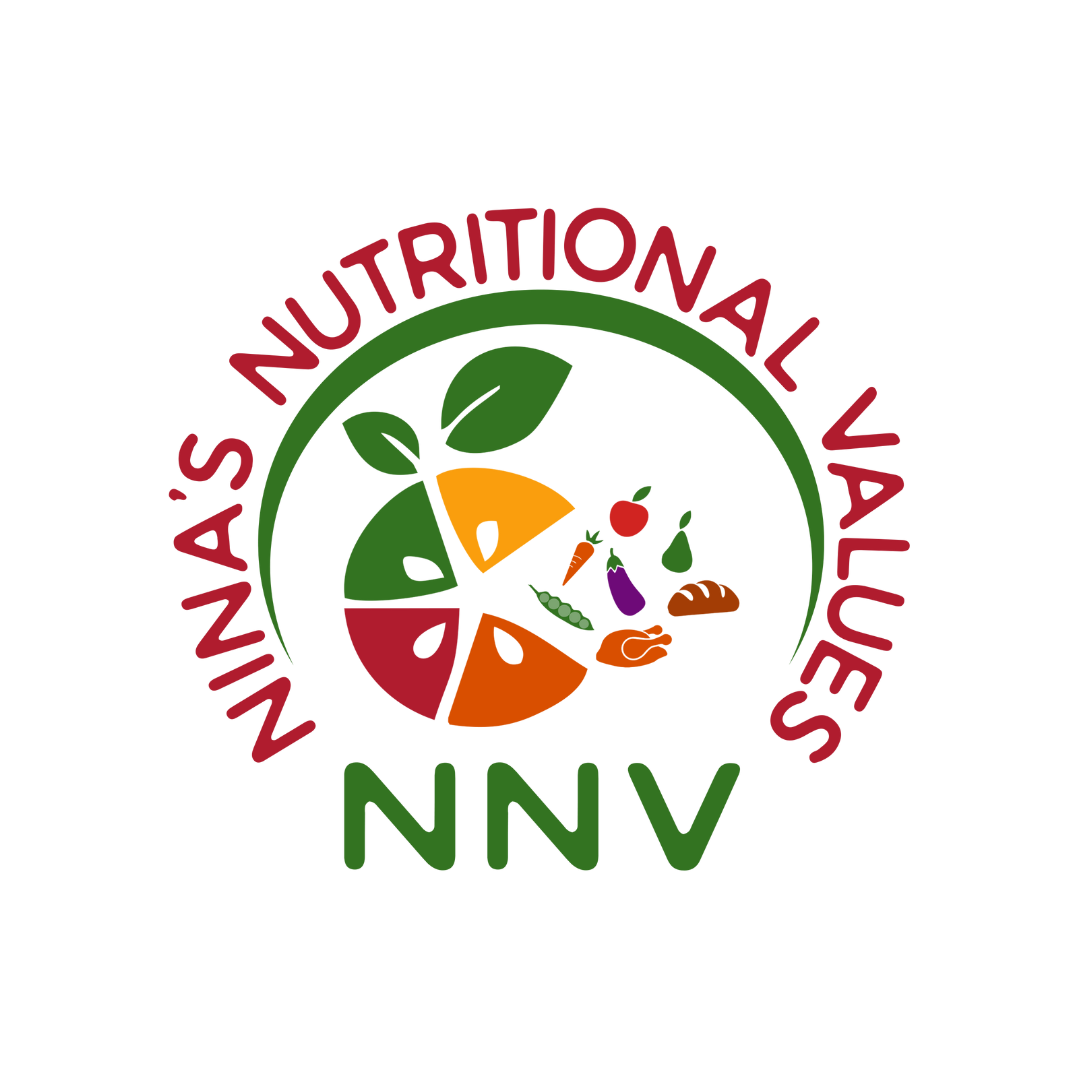The Pros and Cons of Vegan Diets
Celebrities from Beyoncé and Jay-Z to Venus Williams, Lizzo, and Senator Cory Booker are full-time or part-time vegans. For some it’s an ethical and environmental decision, for others, it’s for health and wellness. Or a combination of all factors. Regardless of your motivation, you must be mindful of both the pros and cons of vegan diets.
The New Generation of Veganism
Between gourmet dairy-free cheeses and you’d-never-know-they-aren’t-meat meat alternatives, it’s never been easier to go vegan. Before we dive in, let’s explore the most popular types of vegan and vegan-inspired dietary patterns:
Vegan—never eats meat, seafood, or dairy products.
Vegetarian—never eats meat or seafood, eats dairy.
Lacto-vegetarian—never eats meat, seafood, or eggs, but eats low-fat dairy.
Ovo-vegetarian—never eats meat, seafood, or dairy, but eats eggs.
Pescatarians—never eats meat, but eats seafood. May or may not eat eggs and dairy.
Pollotarians—only eats lean white meats, but not red meat. May or may not eat eggs and dairy.
Flexitarian—primarily vegan or vegetarian, but may eat meat, dairy, and seafood a few times a week, a few times a month, or on special occasions such as holidays.
The Pros and Cons of Vegan Diets
Here are the top things to consider when adjusting to one of the dietary patterns above. Pros of Veganism
#1 Powerful Health Benefits
Healthline shares the top scientifically proven benefits of eliminating meat and dairy:
Weight loss
Reduced diabetes risk
Reduced risk for cardiovascular disease
Reduced internal inflammation
Reduced arthritis pain
Proactive approach to cancer
More nutrient-rich than processed foods
#2 Improved Digestive Health
This nutrient-rich, high-fiber diet provides your body with the prebiotics and probiotics required for optimal gut health. Gut health is directly linked to whole-body health. So much so, that many refer to the gut as the “second brain”.
#3 Delicious New Recipes
You’ll be infusing your diet with delicious new recipes. Think beyond salads to identify new ways to prepare fruits, vegetables, and whole grains and new ways to use herbs and spices. Consider joining a local farm share to explore produce you aren’t familiar with. Your taste buds will thank you!
Cons of Veganism
#1 Portion Size and Nutritional Mix
You’ll likely be eating larger portions of food to maintain a healthy caloric intake. You’ll also need to be more proactive about the nutritional content of each meal. Otherwise, you run the risk of falling short on essential nutrients, including:
Protein
Iron
Calcium
Iodine
Zinc
Vitamin D
#2 Vegan Isn’t Always Healthy
Vegan foods, especially desserts and prepackaged foods, can be high in sugar, fat, and sodium. Make no mistake, there are plenty of nutritious options—but just because there’s no meat and dairy doesn’t make something a healthier option. So, you’ll still need to read labels.
#3 Eating Out
We can’t discuss the pros and cons of vegan diets without touching on the challenges of eating out. Most restaurants have a few options on the menu, and several more recipes they can make meat and dairy-free. The biggest challenge may be asking your friends and family to comply when you dine at their house. They may debate your choice to honor your health or may simply prepare something they don’t realize isn’t aligned with your new nutrition plan.
Want to Learn More About Eating Vegan?
If you would like to learn more about the pros and cons of going vegan to personalize your health—reach out to Nina’s Nutritional Values. Going meat and dairy-free isn’t your only option, so we’ll explore what’s right for you.



